Could scientists really make traumatic memories disappear?
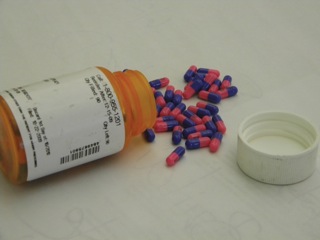 Recently, scientists have shown that using a drug called propranolol could decrease these disturbing memories. Bryan Hercules, a local pharmacist in St. Louis who owns his own store under the Medicine Shoppe name, thinks that the drug does not necessarily block out the memory completely, but simply calms the patient down by slowing the heart rate when they think about it.
Recently, scientists have shown that using a drug called propranolol could decrease these disturbing memories. Bryan Hercules, a local pharmacist in St. Louis who owns his own store under the Medicine Shoppe name, thinks that the drug does not necessarily block out the memory completely, but simply calms the patient down by slowing the heart rate when they think about it.
Propranolol is typically prescribed to lower blood pressure. This drug is a beta-blocker, which reduces heart rate. Scientists think that propranolol helps with traumatic memories because it slows the patient’s heart rate, and they no longer get agitated when the memory is recalled.
Researchers suggest taking propranolol soon after an incident occurs that could lead to post traumatic stress disorder (PTSD) might prevent permanent traumatic memories altogether.
PTSD is a disorder that develops after being faced with a devastating situation in which damage is done either physically or mentally. Some of these situations might include war, rape, any kinds of crashes or abuse. Common symptoms of PTSD include difficulty sleeping or focusing, depression, suicidal behavior, headaches or chest pains, anxiousness, or outbursts of anger.
William J. Cromie, a journalist from the Harvard Gazette, wrote in 2004 that a national study shows that an estimated 8% of the U.S. population develops PTSD at some point.
According to The Healia Team, who run a consumer health website initially developed by an award from the National Institutes of Health (NIH), tests have been performed to show that the drug propranolol is a good way to calm the heart rate while patients think of the memory that haunts them.
One study Healia.com describes involved showing 60 people a picture of a spider. Half were given a mild electrical shock while they were looking at the picture. When all the participants were exposed to the picture again, the shocked patients showed fear while the others did not. The researchers gave some of the people who were afraid of the picture propranolol and showed them the image again. The researchers found that these patients were less startled and showed little or no fear, even when the propranolol was out of their systems.
Healia.com explains this result by pointing out that each time a memory is recalled, it is “stored” in the brain differently than the time before. This is known as reconsolidation. When propranolol is given to these patients, it interacts with this process and helps the brain to no longer associate that memory with fear.
Age may also be a factor. Researchers at Friedrich Miescher Institute for Biomedical Research in Switzerland have carried out tests on rats to see if they can erase the animal’s fears. The study, published in 2009, found that baby rats forgot their fear more easily without any drugs than the adults. Although not human, Joseph LeDoux, a professor of neuroscience at New York University, told National Public Radio that rats and humans are similar when it comes to fear.
Propranolol is consumed by mouth and should be taken at the same time every day. The drug can cause dizziness, tiredness, upset stomach, rash or problems with using the bathroom, according to the website MedlinePlus, which is run by the National Library of Medicine and NIH.
“This drug is very safe for people that don’t have certain types of heart problems,” says Hercules. He says the drug would be beneficial if the patients are screened carefully. Also, he pointed out that this medication was used for stage fright, which could have led researchers to see if it would be successful in treating traumatic memories.

This work is licensed under a Creative Commons Attribution-NonCommercial-NoDerivs 3.0 Unported License


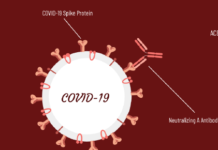
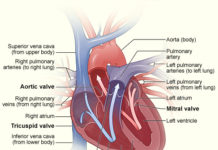
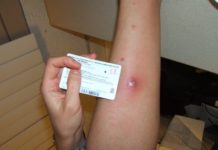

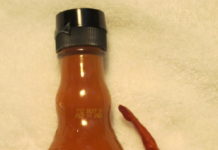
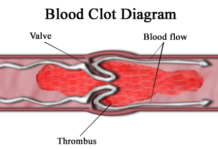






Excellent story, very interesting since propranolol is used for many other medical issues. This article showed what is another effect of this drug.
This is so interesting, but how effective would this be to calm someone down? How quickly does it release into the bloodstream to slow the heart rate?
:smile:good this is pretty intresting